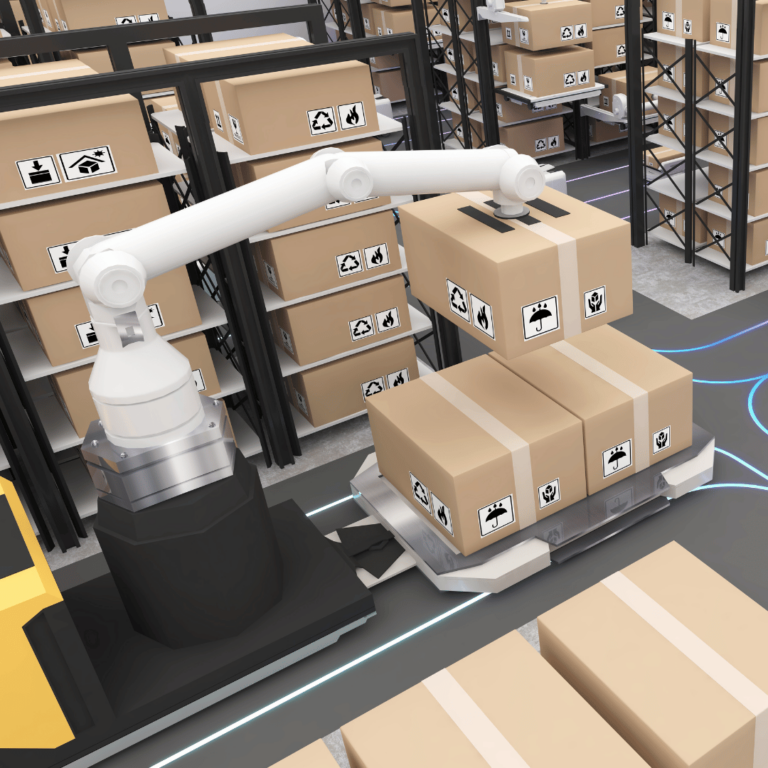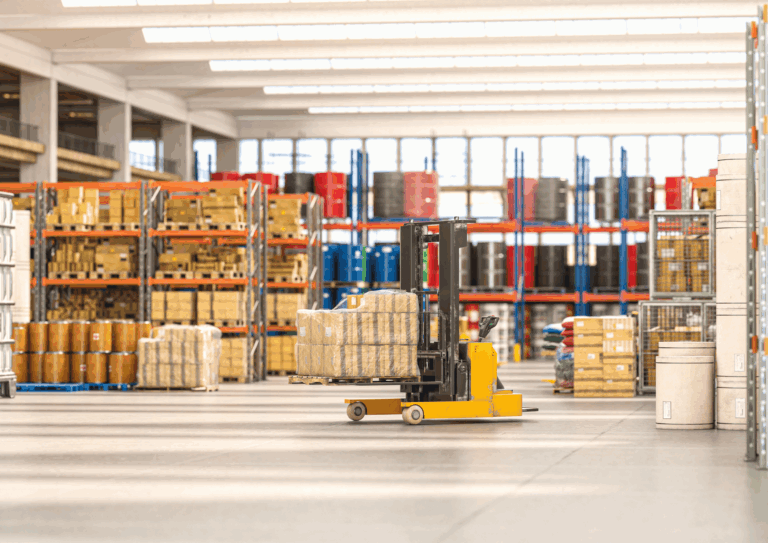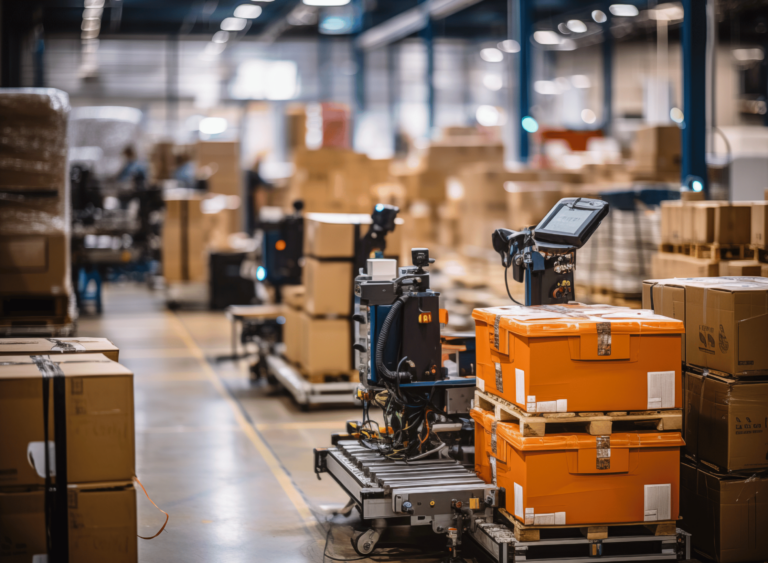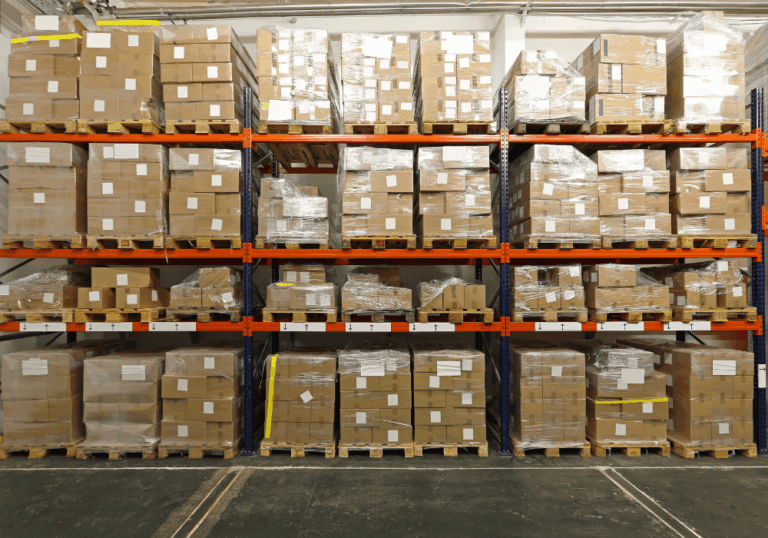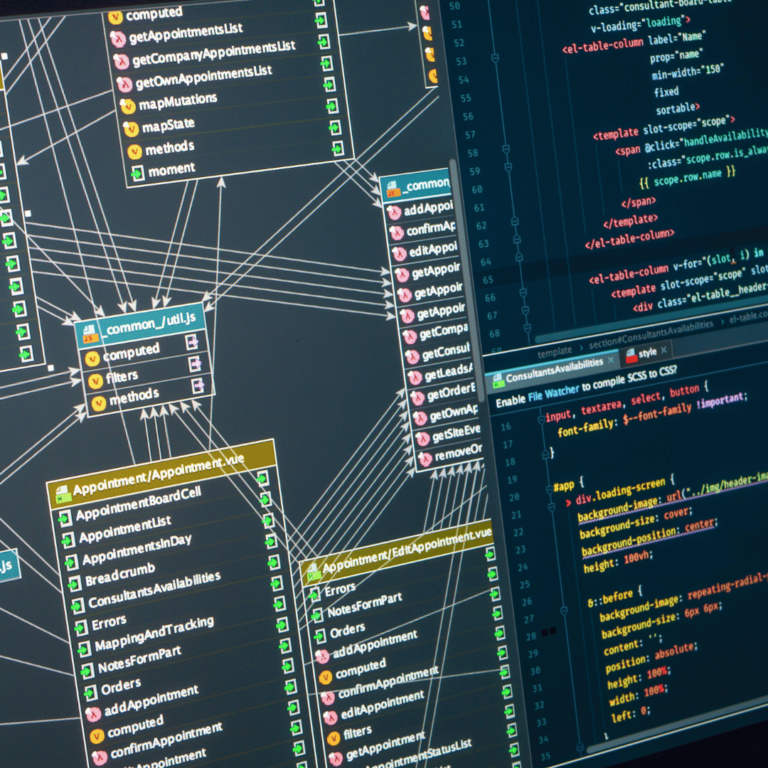How AI is Transforming Warehouse Operations


In the fast-paced world of logistics and fulfillment, efficiency is everything. Warehouses are no longer just storage spaces — they are critical hubs that determine how quickly and accurately products reach customers. To stay ahead, many companies are turning to Artificial Intelligence (AI) to streamline operations, cut costs, and gain real-time visibility.
Here’s how AI is reshaping modern warehouse management.
Smarter Inventory Management
AI-driven systems can predict stock needs based on:
Sales trends
Seasonality
Customer behavior
Historical data
This means better stock accuracy, fewer stockouts or overstocks, and improved cash flow. AI helps businesses maintain the right inventory at the right time — without overloading shelves.
Automation Through Machine Learning
AI enhances automation beyond conveyor belts. Using machine learning, AI can:
Optimize pick-paths
Reduce travel time inside the warehouse
Recommend best storage locations
Learn from past order patterns to speed up future fulfillment
This turns manual workflows into intelligent, data-driven systems — increasing throughput while lowering labor fatigue.
Real-Time Monitoring & Decision-Making
AI-powered dashboards and sensors can provide:
Live updates on inventory levels
Equipment health checks
Worker activity and safety alerts
Order tracking from receipt to shipment
Instead of reacting to problems, warehouse managers can act proactively, thanks to AI alerts and recommendations.
Improved Accuracy & Fewer Errors
AI integrated with RFID, barcode scanners, and vision systems can detect:
Mismatched products
Damaged items
Incorrect quantities
The result? Fewer returns, happier customers, and lower operational costs.



